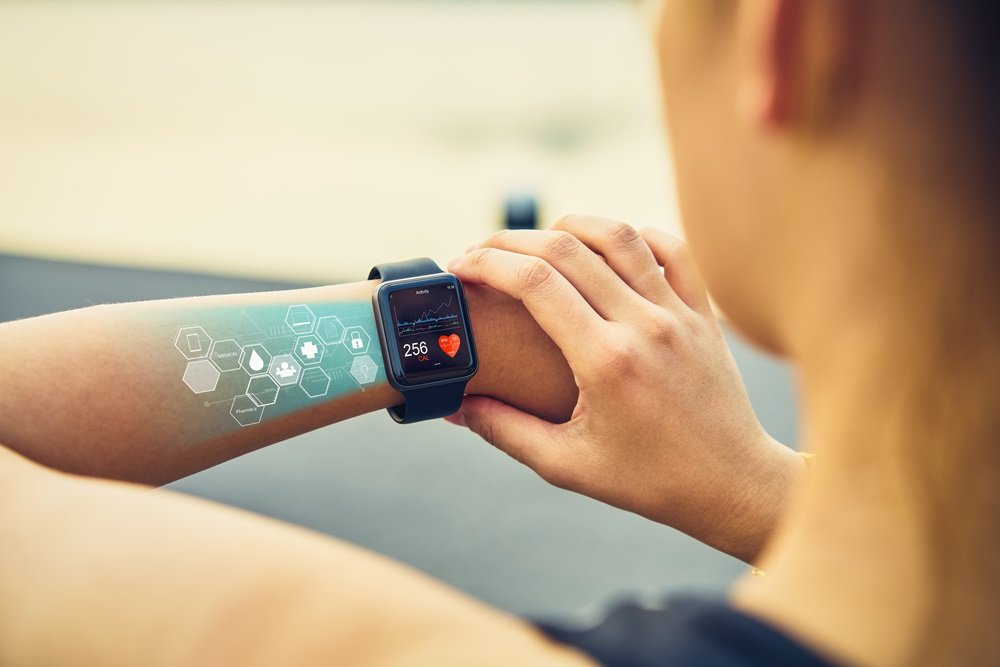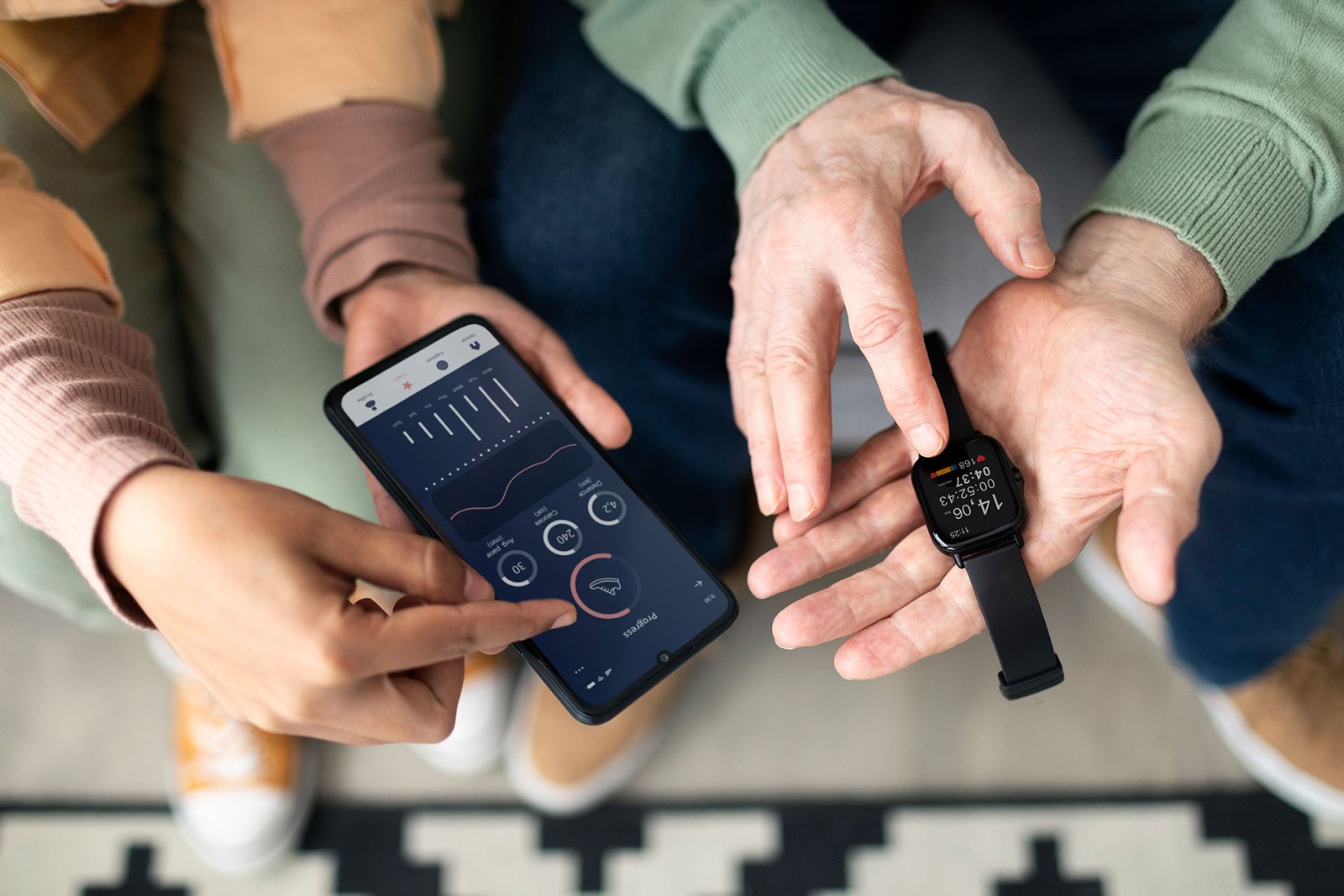In a world driven by innovation and convenience, wearable tech (technology) is quickly emerging as one of the most powerful allies in personal health and wellness. No longer just trendy accessories or step counters, today’s smartwatches, fitness trackers, and health wearables have evolved into full-fledged health partners—providing round-the-clock monitoring, personalized insights, and preventive alerts.
The Rise of Wearable Health Tech
Wearable technology has transformed dramatically over the past decade. What began as simple pedometers has now evolved into intelligent devices capable of tracking heart rate variability, blood oxygen levels, sleep cycles, stress responses, and even early signs of illness. Global brands like Apple, Fitbit, Garmin, and WHOOP are continuously pushing the boundaries, turning these gadgets into mini healthcare hubs worn on the wrist, finger, or even integrated into clothing.

Wearable Tech: 24/7 Monitoring for a Healthier You
One of the standout features of wearable tech is its ability to provide continuous, real-time monitoring. This round-the-clock feedback gives users and even healthcare professionals an ongoing stream of valuable data:
Heart Health: Devices now monitor resting heart rate, irregular rhythms (such as AFib), and even electrocardiogram (ECG) readings, helping detect potential cardiac issues early.
Sleep Quality: Wearables track sleep stages, duration, and disruptions, helping users improve their rest and understand how it impacts their overall health.
Fitness & Movement: From steps to advanced metrics like VO2 max and recovery scores, these tools guide workouts and encourage regular activity.
Stress & Mental Health: Many wearables include guided breathing, mindfulness tools, and stress tracking based on heart rate variability and other biomarkers.
Women’s Health: Advanced wearables also offer cycle tracking, fertility windows, and hormone-related insights for more personalized care.
Preventive Care Made Possible
Perhaps the most transformative aspect of wearable technology is its role in preventive health care. By catching small changes in vital signs or behavior patterns, wearables can alert users to possible health issues before they become serious. This can lead to early diagnosis and timely intervention, reducing the burden on healthcare systems and improving long-term outcomes.
Integration with Medical Ecosystems
Modern wearable tech is increasingly integrated with telehealth platforms and electronic medical records. Some devices allow users to share their data directly with doctors, facilitating virtual consultations and remote care. Chronic condition management—such as for diabetes, hypertension, or sleep apnea—is also becoming more efficient with wearable-assisted monitoring.
Personalized Health Insights with Wearable Tech
Artificial intelligence and machine learning are enhancing the capabilities of wearables, enabling them to provide more than just raw data. These systems analyze trends, learn from user habits, and offer tailored recommendations. Whether it’s suggesting a better time to sleep, alerting you to dehydration, or optimizing your workout plan, wearable tech is becoming an intelligent coach and health assistant.
The Future: Smarter, Smaller, More Powerful
As technology continues to evolve, the future of wearables looks even more promising. We can expect:
Smaller and more discreet designs, like smart rings or embedded biosensors.
Medical-grade accuracy for use in diagnostics and chronic care.
Advanced biometric tracking, including blood glucose and hydration levels.
Deeper integration with smart home and lifestyle devices for holistic health management.
Conclusion
Wearable tech is no longer just a luxury or a novelty—it’s a game-changer in personal health. By acting as a 24/7 health partner, these devices empower individuals to take charge of their well-being, make informed decisions, and even prevent illness before it starts. As we move into a more connected and data-driven future, wearable technology will undoubtedly play a central role in how we care for ourselves every day.
